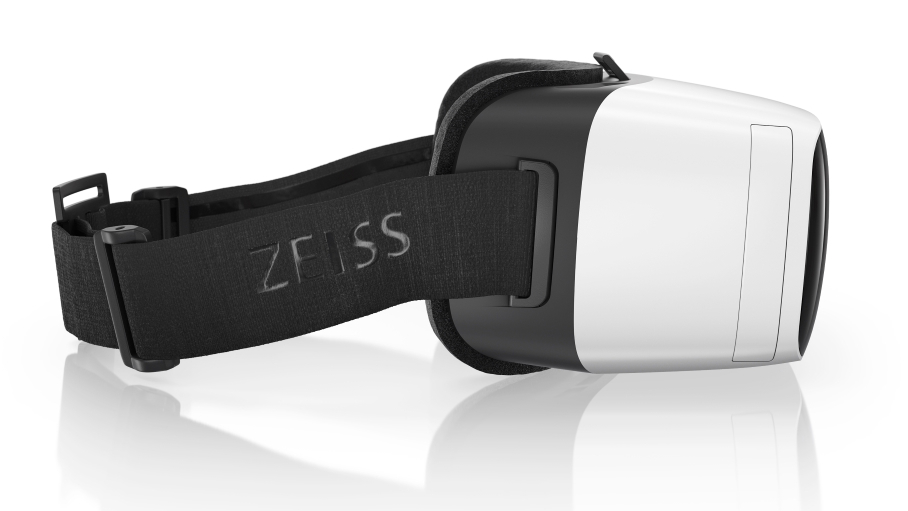Carl Zeiss VR One could help virtual reality hit the mainstream
It won't cost you dearly

As expected, it didn't take long before other players started following Oculus VR into the fray, and the latest to offer its contribution to virtual reality is Germany's Carl Zeiss.
The optics company has just revealed a VR headset that's not just more affordable than a lot of the competition, but is more open in terms of compatibility. The VR One will support the 4.7-inch iPhone 6 and the Samsung Galaxy S5, which will be held in place by trays that attach to the side of the headset.
But as those trays are interchangeable, there's the potential for a roster of other phones to be made compatible too. There's even a poll on the website asking "What phone shall we support next"?
Zeissgeist
But the best news is the price: the VR One will be priced at just $99 (around £62, AU$114) when it arrives this December, making it significantly cheaper than the rumoured Gear VR price of $200, and most likely a lot less than what Oculus will cost.
As the consumer-ready Oculus Rift draws nearer, we're starting to see more market-ready devices hit the shelves, most of which rely on the humble smartphone to source their power.
But with Carl Zeiss such a renowned name in optics technology, we're intrigued to see just how good the VR One is. It's products like this, at this sort of price, which will be important for helping virtual reality to take off in the mainstream.
- Hands on with Samsung's own contender, Gear VR
Via Wired
Get daily insight, inspiration and deals in your inbox
Sign up for breaking news, reviews, opinion, top tech deals, and more.
Hugh Langley is the ex-News Editor of TechRadar. He had written for many magazines and websites including Business Insider, The Telegraph, IGN, Gizmodo, Entrepreneur Magazine, WIRED (UK), TrustedReviews, Business Insider Australia, Business Insider India, Business Insider Singapore, Wareable, The Ambient and more.
Hugh is now a correspondent at Business Insider covering Google and Alphabet, and has the unfortunate distinction of accidentally linking the TechRadar homepage to a rival publication.
